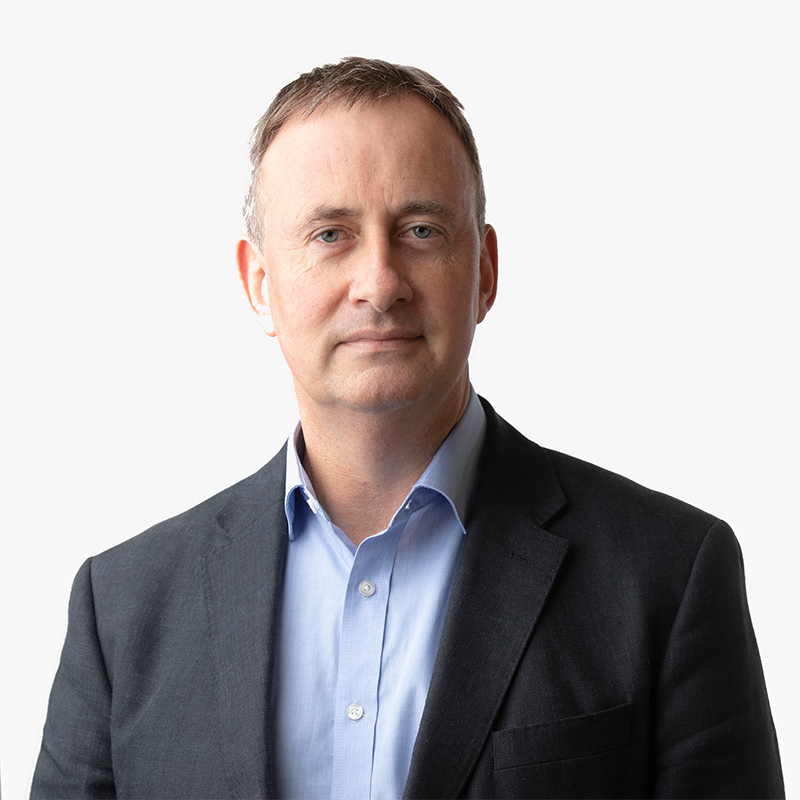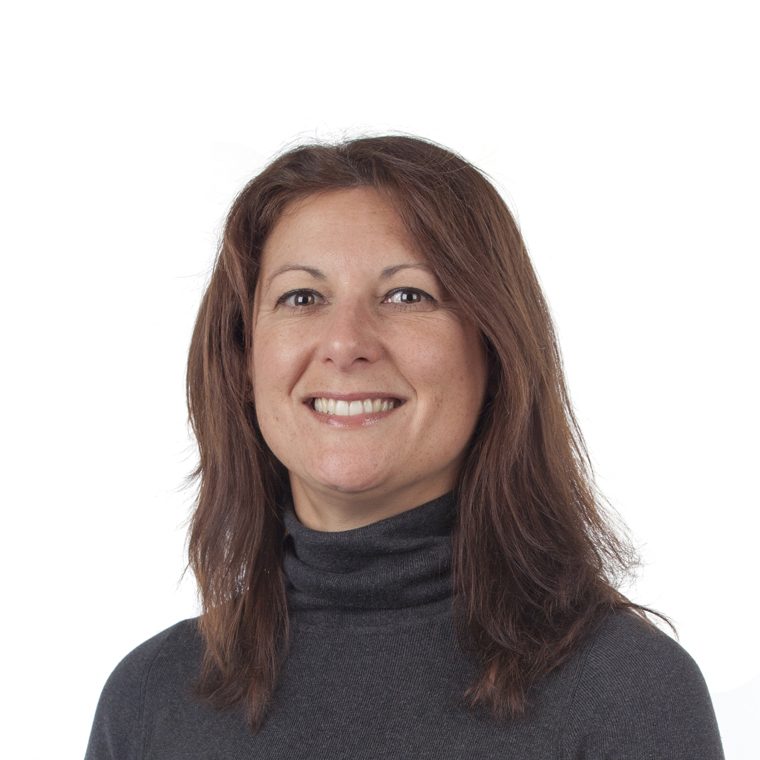CyberASAP Alumni Insights: "Think wide rather than deep"

“Think wide rather than deep” advises Daniel Lewis, CyberASAP Alumnus and founder of Awen Collective, which aims to make society safer by creating software that reduces the impact of cyber attacks on the industrial sectors that we all rely on every single day.
Daniel joined the first CyberASAP cohort in 2017.
Tell us how your journey began – were you looking to leave academia and start a company?
I was working as a Senior Research Fellow at the University of South Wales in their very well respected Information Security Research Group, and in the ISRG we were not just doing research: we had been working with public and private sector organisations doing a variety of cybercrime investigations. While investigating cybercrime within industrial sectors, we realised that there were no available software products which allow an effective cybercrime investigation on these kinds of Industrial Control Systems (ICS).
This led us to think about the opportunities in that space. Could we create some software that would allow cybercrime investigations or digital forensic investigations on the kind of ICS you find in factories, energy, water, transportation? That was our idea; we wanted to explore it; and at the time CyberASAP (or, as it was then, the DCMS Academic Startups Initiative) looked like the perfect vehicle to help us assess commercial viability and development options.
I wasn’t looking for a career change necessarily, but it just so happened that our experience on CyberASAP led to me leaving academia and starting a company. That company was Awen Collective, formed in September 2017.
We hadn’t created any IP before leaving the university, so I think that made things easier for us.
If it hadn’t been for CyberASAP, I’d probably still be in academia.
Would you describe yourself as an entrepreneur? How would you characterise the entrepreneurial mindset?
Although I probably didn’t recognise this when we were first starting out, I think I have probably demonstrated serial entrepreneurship qualities, right from when I was first at university, launching and running conferences, starting societies, finding solutions.
Academic researchers are also involved in problem solving and finding solutions, but I think what differentiates the academic mindset from the entrepreneurial is – at least in my definition of it – that entrepreneurs are in the business of maximising solutions for the majority, whereas academics are focused on extending and expanding solutions, and/or understanding problems in detail.
To be successful, there’s a value exchange that needs to happen; you need to create value, and the entrepreneur is in the business of maximising that value for the most people; maximising the reach of the solution; creating change.
That’s what investors are interested in too. They’re less interested in what exactly the solution is, and more focused on the value exchange between business and the customer, and the Return on Investment (ROI) that their investment can bring.
I don’t think I spoke like an entrepreneur at the beginning; I think that when I was first presenting to investors I still sounded like an academic. I hadn’t quite learned the new language. And that is what it is…..a whole new language.
CyberASAP gave me the confidence to move; we knew we had an idea worth pursuing.
Tell us a bit about some of the significant milestones and challenges in getting to where you are today
Joining an IoT Accelerator (IoT Accelerator Wales) after we had been through CyberASAP was a perfect start for us, post company registration. It came with some investment which enabled me to go into this full time, and led to us refocusing the business. We were doing some consultancy with a company called Raytheon in 2018 and this gave us really valuable insights into the direction we needed to go. We recruited four people that year and, with a team in place, we started to develop one of our key products, Dot.
The next challenge was raising investment myself. But, with a client on board and a team in place, I had a lot more confidence and we raised a SEIS round in early 2019. It was like a validation that we had a strong proposition, a robust business plan, good technology and a growing team to help develop our product range.
The investment allowed us to go out and expand our team and find more clients. We soon had a major revenue win with a contract from the MOD which allowed us to explore and test Dot; we also released our latest product, Profile, and won a water company client.
In 2021 we had our third round of investment, when a Dutch investor came on board. We were keen to expand beyond the UK, but weren’t necessarily looking for international investment; but when I started to investigate it actually looked as if it might be easier to raise investment in the Netherlands than in the UK; and with it would come immediate access to a network within The Netherlands…so it was very appealing. So we now have a registered subsidiary in The Netherlands and, as part of The Hague Security Cluster, we have been able to build up partnerships in the Netherlands.
We have also now created an official Board of Advisors, adding four independent people – each with different expertise – to inject new thinking, to challenge us, and help provide an even stronger framework for decisions about ongoing and future strategy for Awen.
How would you summarise the key challenges you’ve faced in your commercialisation journey from academia?
- Shaking off the perception of being an academic! It really does require you to change your mindset so that you start to think and talk like a business person, not an academic. Then peoples’ perception of you will change too.
- The need to be really up front about the risks when recruiting people in the early stages. As a fledgling business you can’t offer the same job security as a large enterprise, and there are particular challenges associated with being in a startup. People have to be much more “on board” than with a normal job, because it’s not a normal job, so anyone joining needs to know and understand that, and be prepared to live with the uncertainty.
- When starting out, it’s hard to know exactly what kind of people you need. Finding the right people at the right time can be tough – do we need technical talent or a great salesperson? And, as former academics, how do you know where and how to recruit a great salesperson if you’ve never done it? These kinds of issues will always be testing!
What advice would you give other academics considering commercialising their research?
“Think wide, rather than deep”. By that I mean don’t focus solely on the idea – it’s great to have an idea and IP, but if you haven’t got a market for it, it will only ever be a solution looking for a problem. And assessing that market means you need to talk to as many people as you can and be open-minded.
When running a business there are always challenges and some stresses, but I’m loving every single moment of it and have no regrets.
About CyberASAP
CyberASAP is funded by the UK Department of Digital, Culture, Media and Sport and delivered by Innovate UK KTN and Innovate UK in partnership. Now entering its sixth year, the programme has seen 116 academic teams from all over the UK participate, and 57 graduate (the programme is selective throughout). Alumni have between them raised more than £17m in further funding to progress their cyber innovations. More about the programme’s impact is here.
If you’re interested in supporting the programme in any way, or would simply like to be kept up to date about it, provide your details here; you can also follow us on Twitter and LinkedIn.



